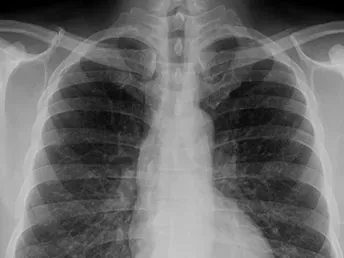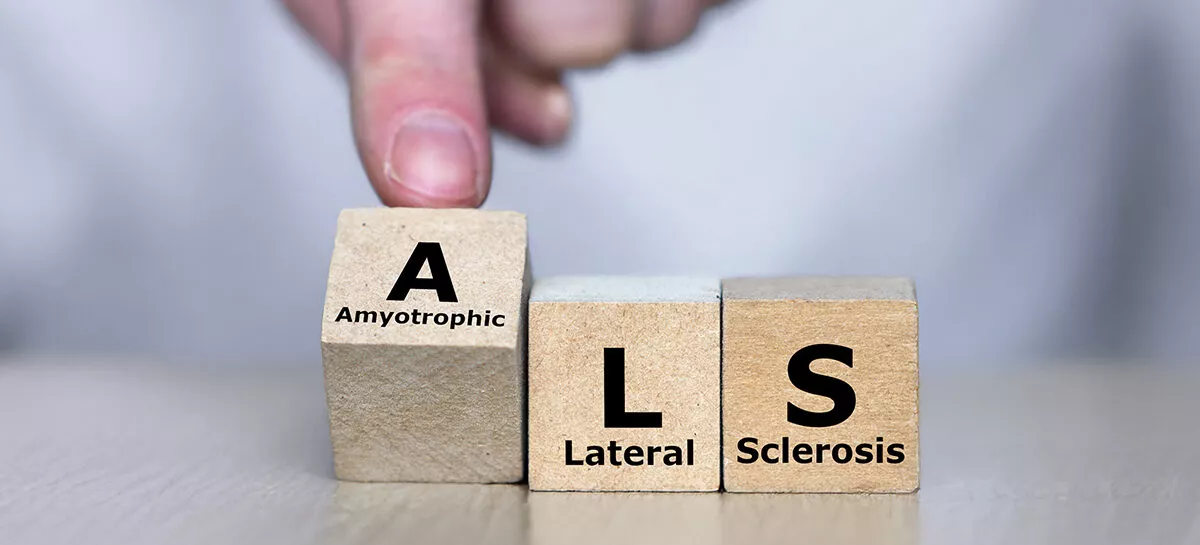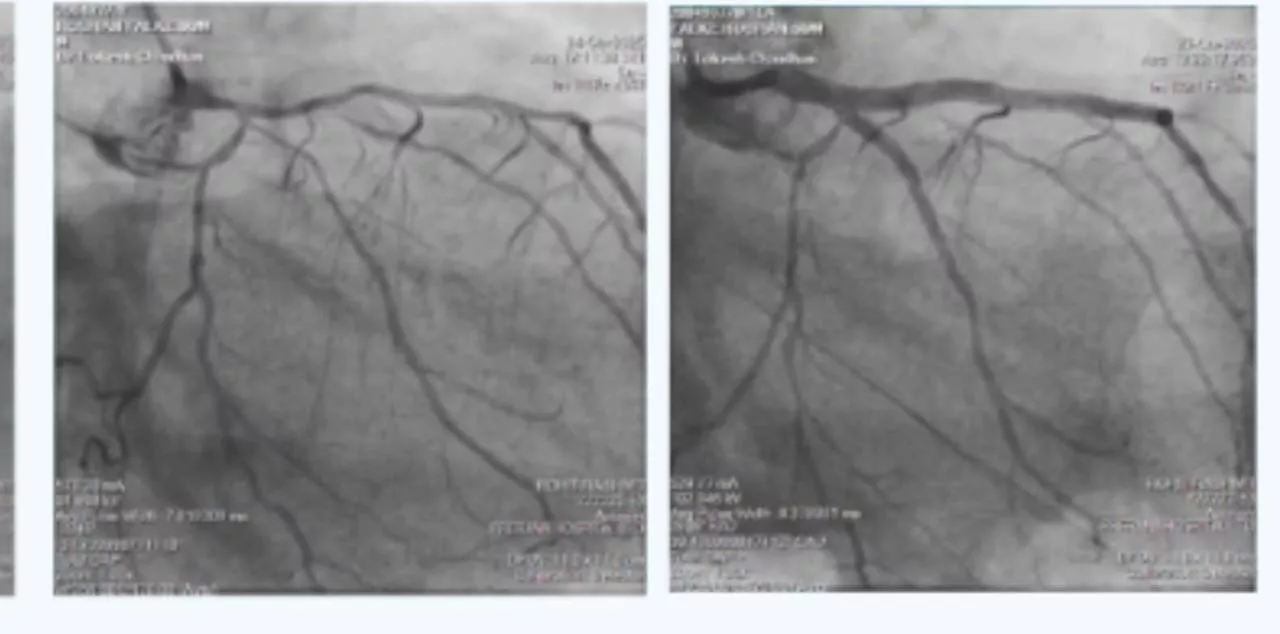Smoking, though attributed as one of the main reasons for lung cancer, is not necessarily a trigger always. As lung cancer stages advance, symptoms like coughing, wheezing, shortness of breath, and bloody mucus become progressive. For early diagnosis and personalised care, consulting an experienced oncologist in Kochi Kerala at a reputed cancer Hospital in Kochi Kerala can make a significant difference in outcomes.
Symptoms
- Coughing up blood (hemoptysis) or dark colored phlegm
- A cough that prevails for a long time or gets worse over time
- Fatigue
- Unexplained weight loss
- Respiratory infections
- Wheezing
- Shortness of breath
- Pain in the chest
Treatment & Care
- Lung Cancer Chemotherapy: A variety of chemotherapy medications are used to treat lung cancer
- Radiation Therapy: Radiation therapy is a popular treatment for lung cancer, but it does come with side effects.
- Photodynamic therapy (PDT), Radiofrequency ablation (RFA), Non-Small-Cell Lung Cancer Treatment are some of the other treatments for lung cancer.
Several different types of medications are used to combat cancer pain.
Lung Cancer Causes & Statistics
- It is said that about 90 percent of lung cancer is because of tobacco use. The risk increases with number of cigarettes.
- Pipe and cigar smoking can also cause lung cancer.
- Passive Smoking or the inhalation of tobacco smoke from other smokers is also an established risk factor for the development of lung cancer.
- Asbestos fibers are known to cause lung cancer and is banned or limited at many workplaces.
- Lung cancer is also influenced by genetics, in both smoking and non-smoking relatives of those who have had lung cancer than in the general population.





